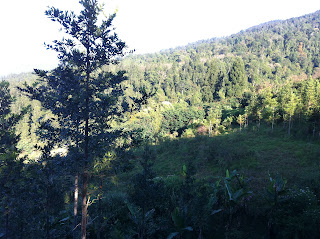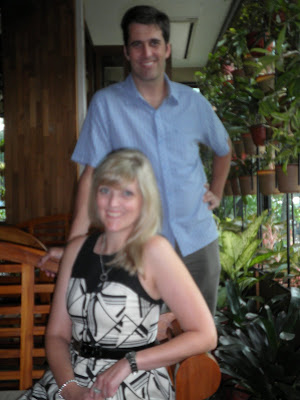S&M haircut
Every six weeks or so, I treat myself to a haircut. Not the ordinary shopping mall barbershop kind, but an authentic Indonesian military-style cut, deep in the bowels of Pasar Cikini, the ramshackle market that's home to a hundred surprises just a short stroll from my front door. It's not the haircut itself that I look forward to - although the buzz cut is a decent one - but the head and shoulder massage that comes with it. It's tough and rough and can leave a few marks, but it's also a fantastic form of stress relief. Many foreigners and well-to-do Indonesians here like to indulge in a "cream bath", where for an hour or two they can be gently pampered, scrubbed and massaged, all while reading out-of-date women's magazines. My massage is not like that - it's like venturing into an S&M dungeon, being roughed around a bit, smiling and asking for more. Lucky for me, this morning was haircut time. So down to the market I wandered, through the mid...


